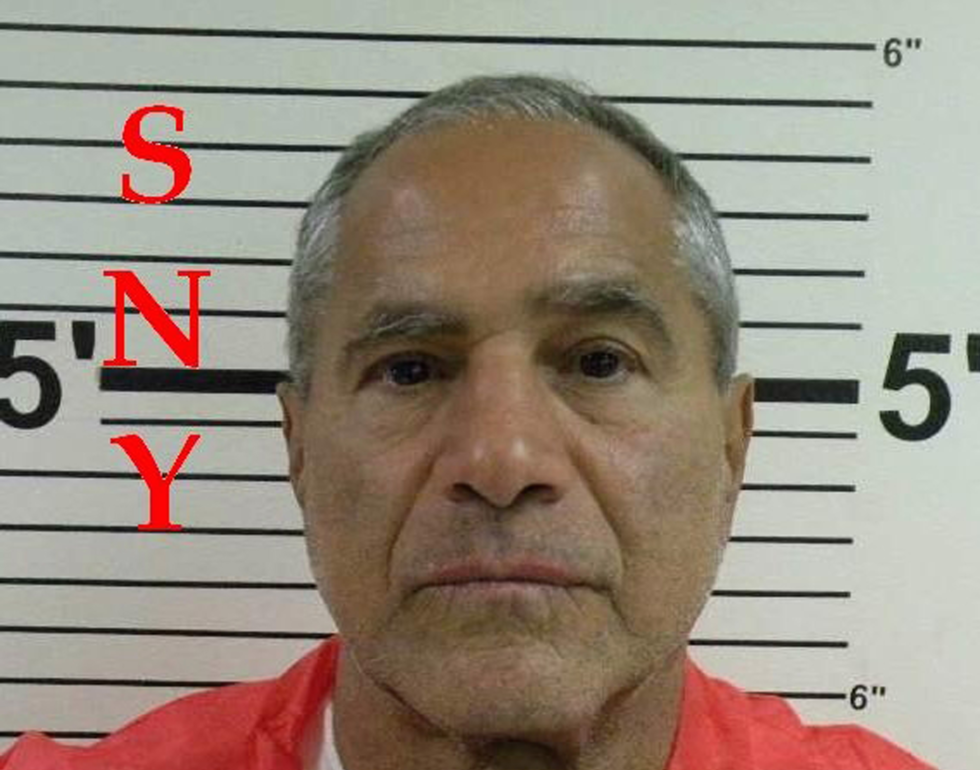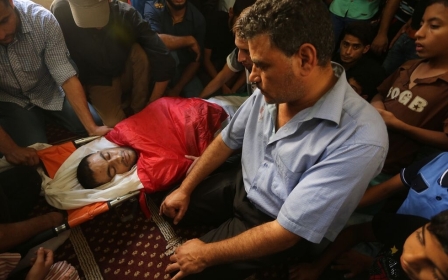US court denies Robert Kennedy's Palestinian assassin parole

Authorities on Wednesday denied parole for the 15th time to Sirhan Sirhan, the Palestinian jailed for the 1968 assassination of US presidential candidate Robert F. Kennedy.
The 71-year-old Palestinian of Jordanian citizenship appeared before the California parole panel for about three hours, saying he could not recall the shooting that took place at the Ambassador Hotel in Los Angeles after Kennedy had won the California presidential primary.
Sirhan, who is serving a life sentence, told the panel that he had had too much to drink that night and wished "this whole thing had never taken place," ABC news reported.
"If you want a confession, I can't make it now," Sirhan said. "Legally speaking, I'm not guilty of anything ... It's not that I'm making light of it. I'm responsible for being there."
He added that incriminating statements he made during his trial were the result of a bad defence attorney who convinced him he was guilty.
Contrary to his statements, Sirhan admitted in an interview with David Frost in 1989 that he killed Robert Kennedy due to his “strong support for Israel”.
Alan Dershowitz, a pro-Israeli political commentator and lawyer, told the San Diego Tribune in 2008 that the assassination marked “the beginning of Islamic terrorism in America. It was the first shot. A lot of us didn't recognise it at the time."
Sirhan was in fact born to a Palestinian Christian family.
Paul Schrade, 91, a Kennedy family friend and one of five people injured in the shooting, testified on Wednesday that while he believes Sirhan shot him, a second shooter was responsible for Kennedy's death.
Members of the parole panel, however, were not convinced and said Sirhan did not show remorse for his actions.
"This crime impacted the nation, and I daresay it impacted the world," commissioner Brian Roberts said. "It was a political assassination of a viable Democratic presidential candidate."
Sirhan was initially sentenced to death in 1969 but his sentence was commuted to life in prison after the California Supreme Court declared capital punishment unconstitutional in 1972.
He will be eligible for another parole hearing in five years.
New MEE newsletter: Jerusalem Dispatch
Sign up to get the latest insights and analysis on Israel-Palestine, alongside Turkey Unpacked and other MEE newsletters
Middle East Eye delivers independent and unrivalled coverage and analysis of the Middle East, North Africa and beyond. To learn more about republishing this content and the associated fees, please fill out this form. More about MEE can be found here.




